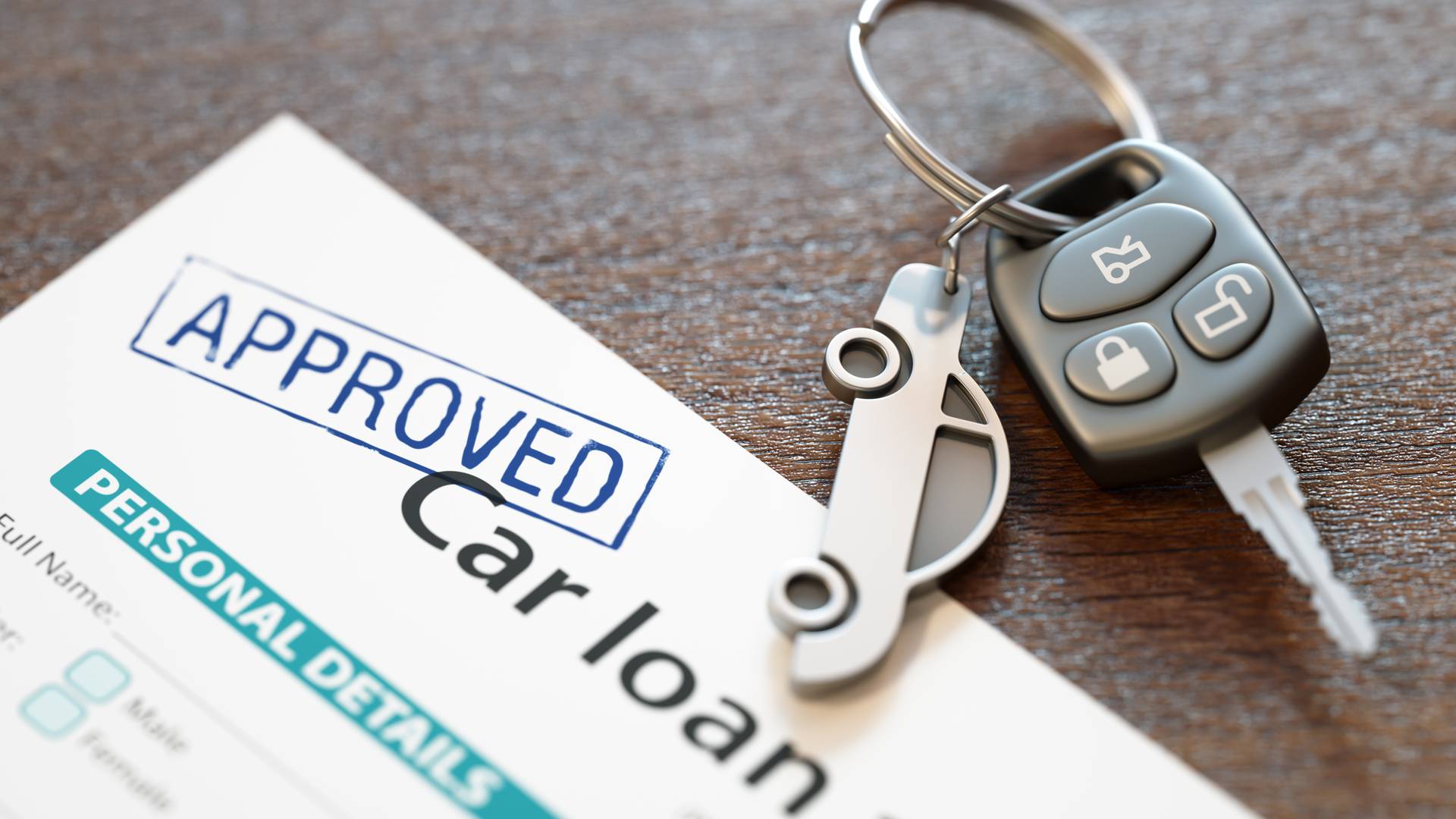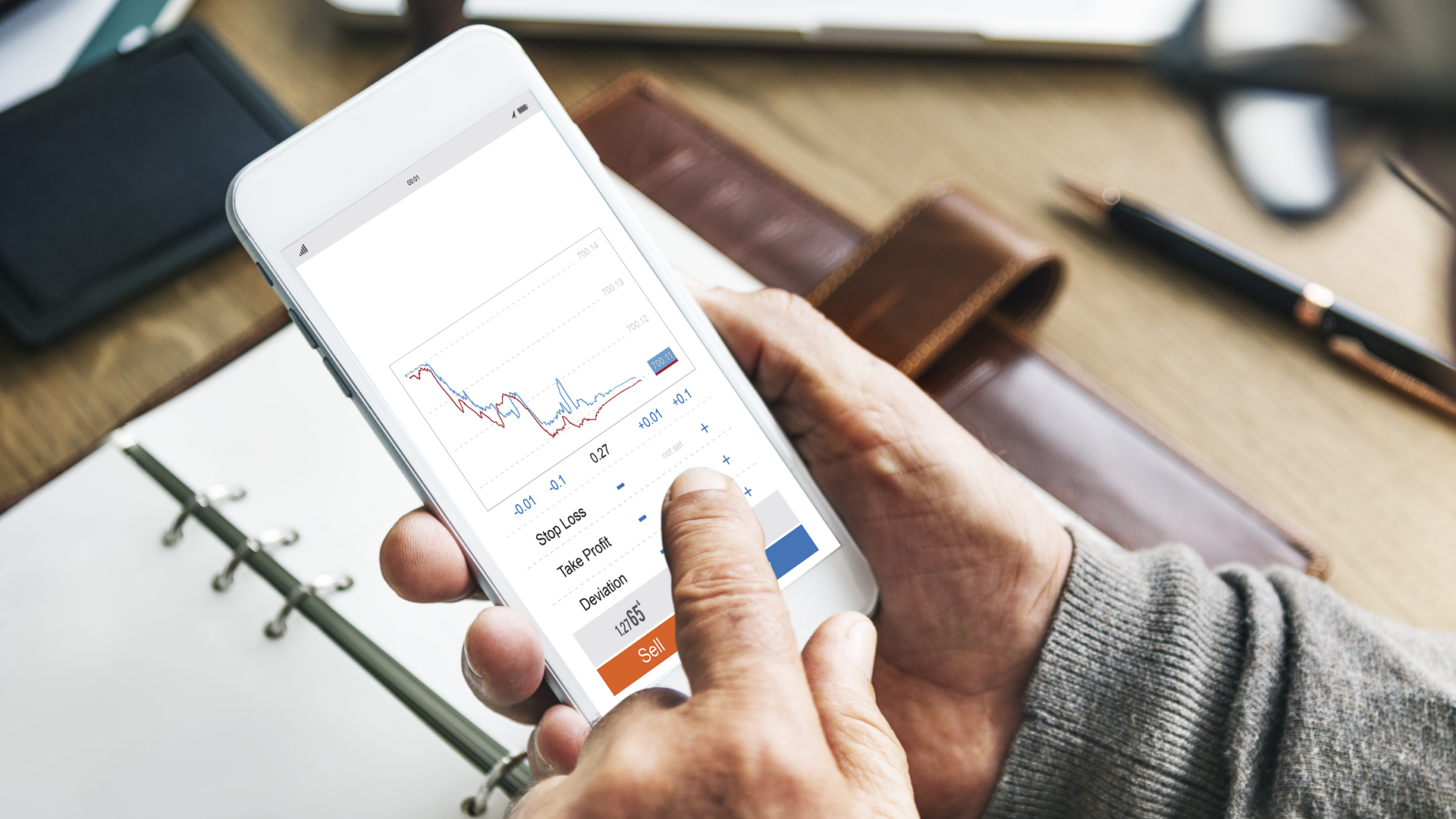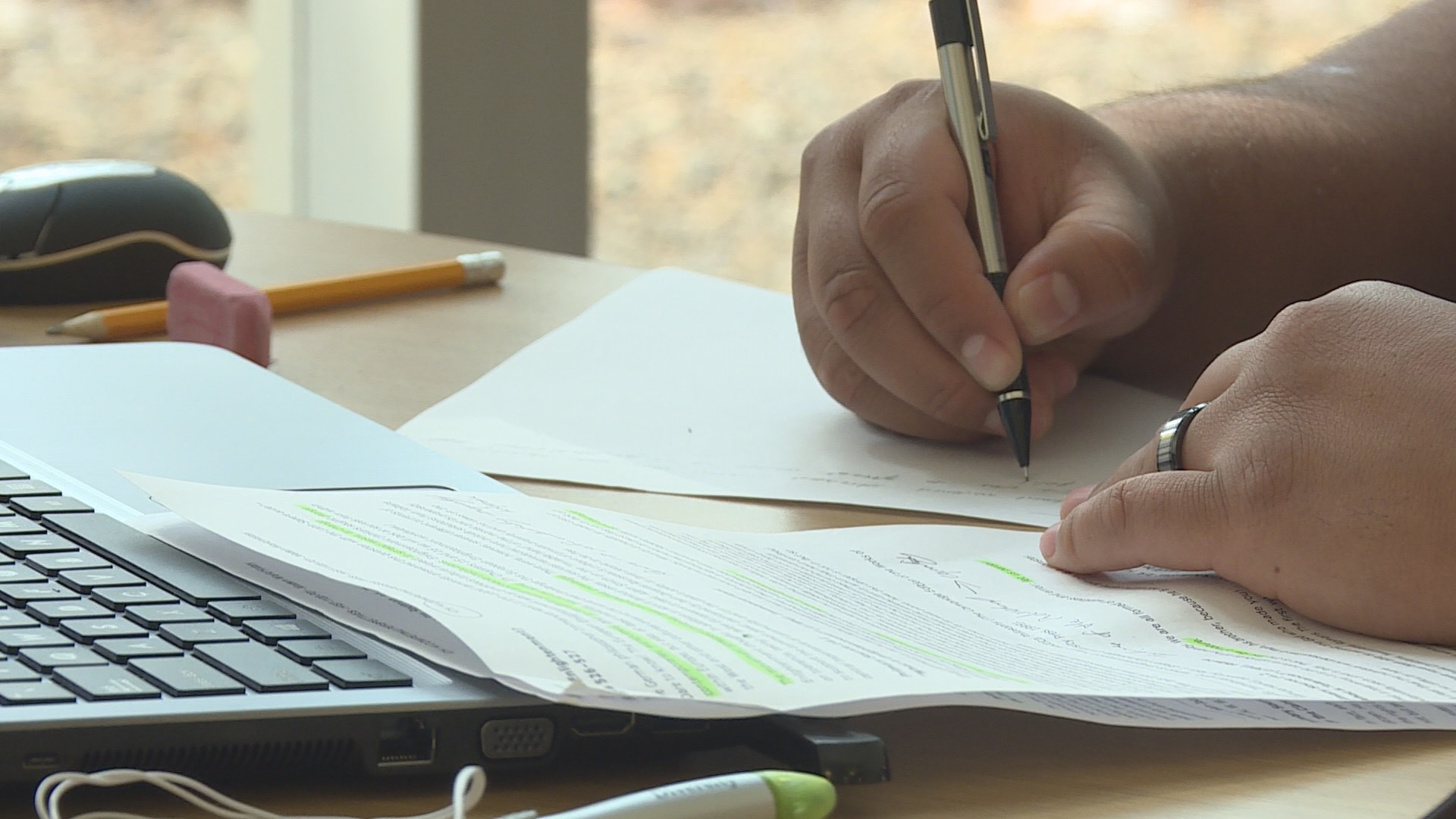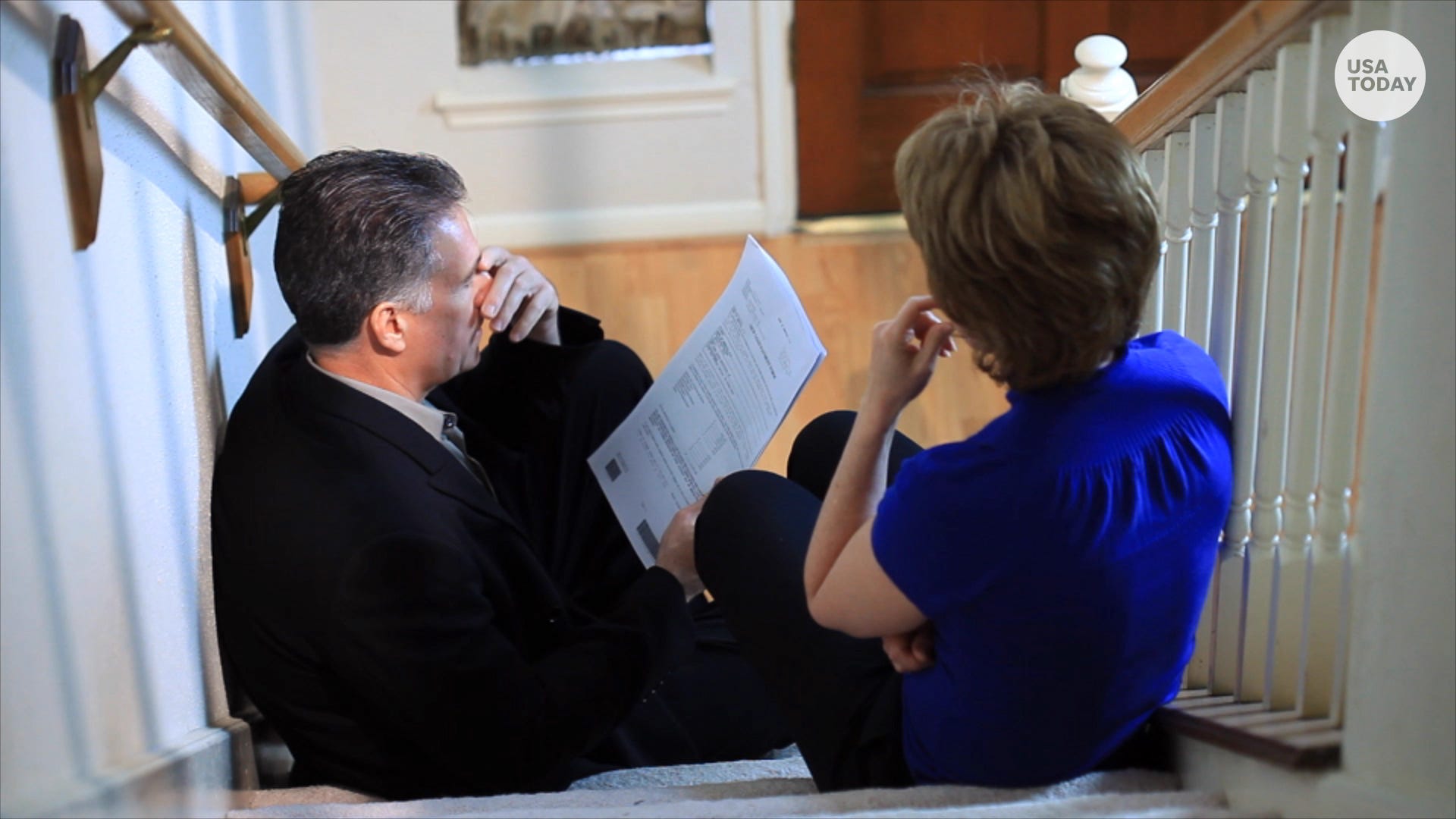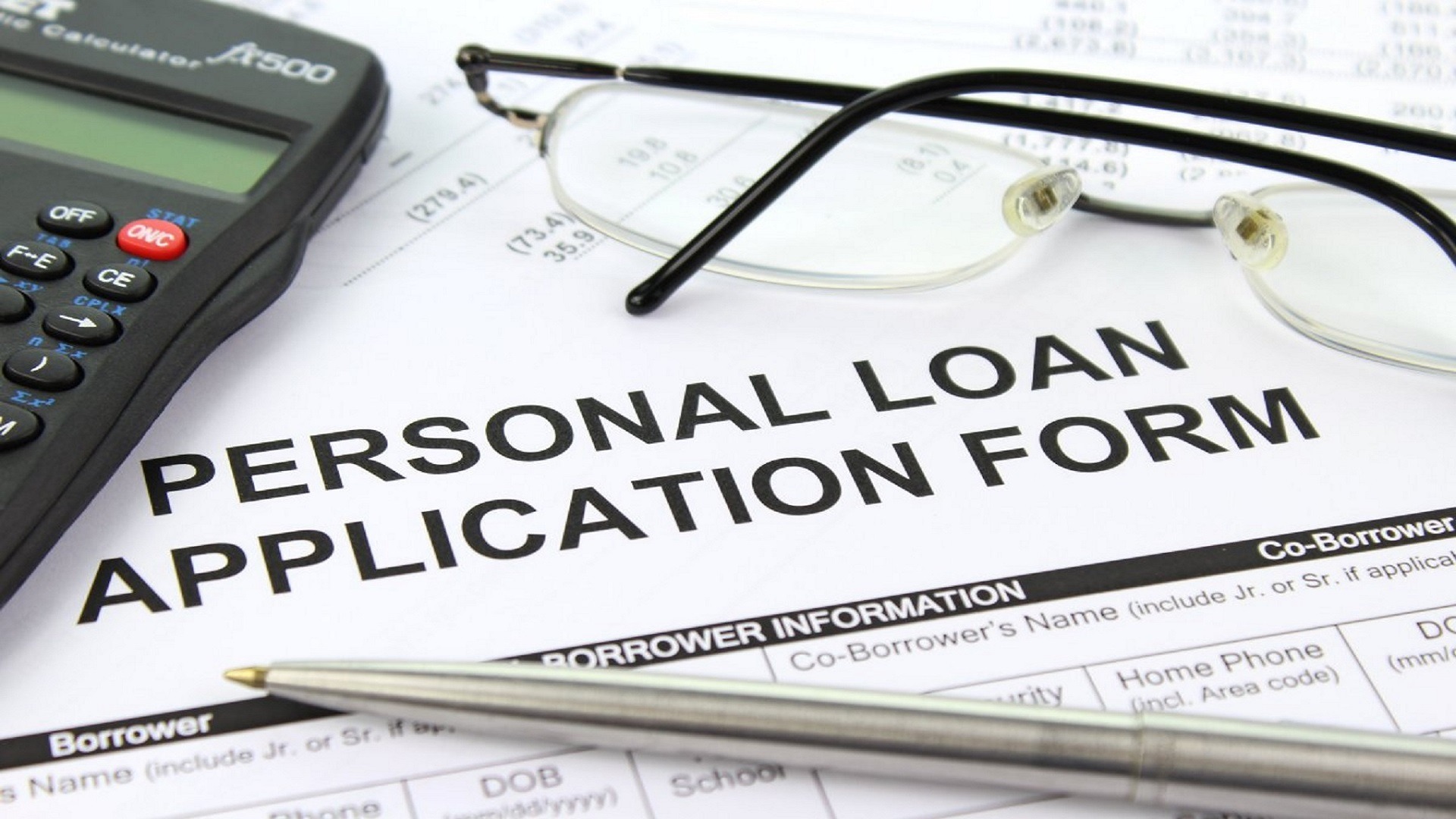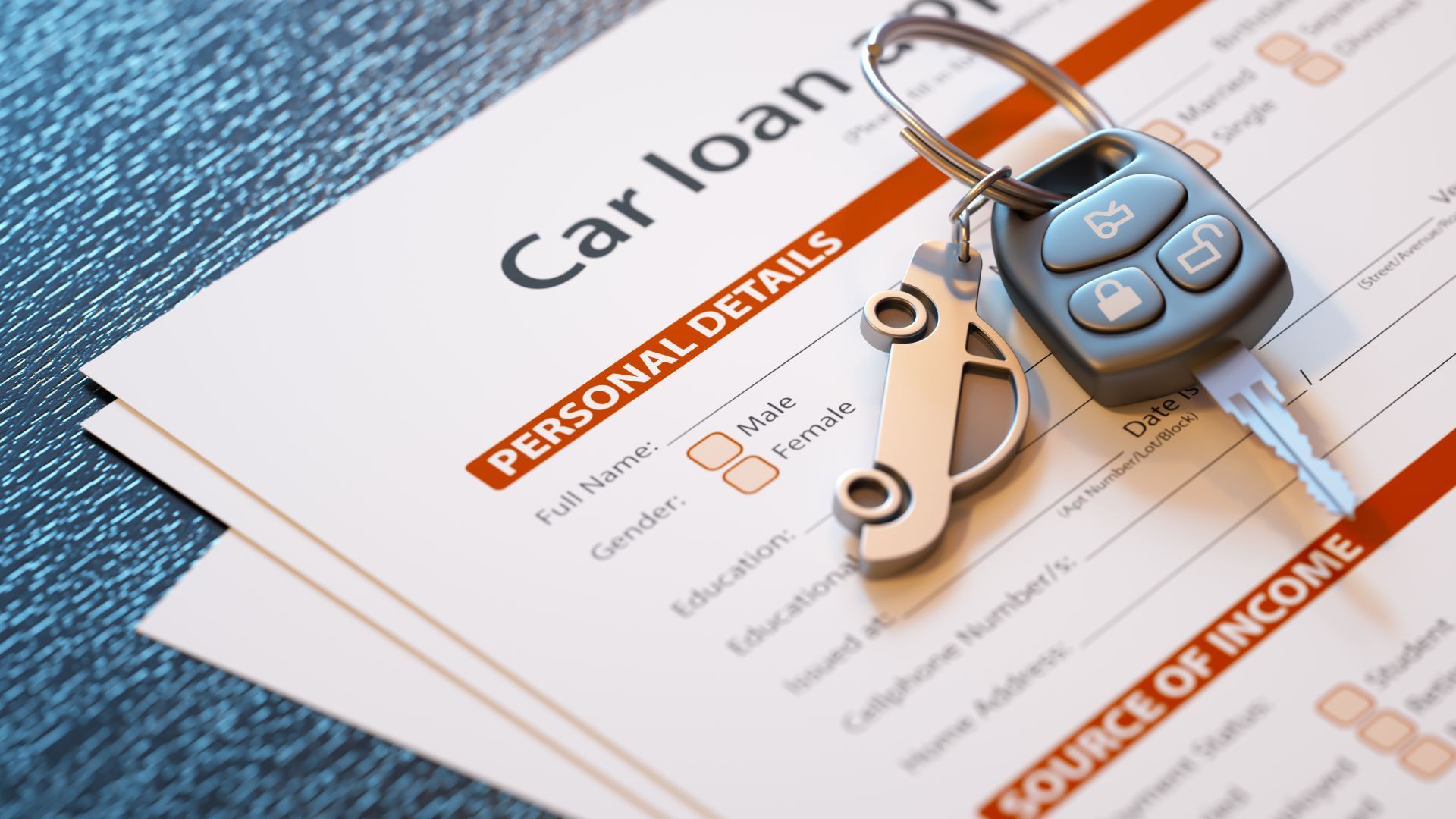Credit scores play a vital role in our financial lives. They not only determine whether we can access credit but also influence the interest rates we can secure. Personal loans are a common credit tool that can play a pivotal role in building and maintaining your credit score.
1. Types of Personal Loans
Personal loans come in various forms, such as unsecured and secured loans. Unsecured loans, like signature loans or credit card consolidation loans, do not require collateral. Secured loans, on the other hand, are backed by assets like your car or home. How you manage these loans can affect your credit score differently.
2. Establishing Credit History
If you have a limited credit history or no credit history at all, getting a personal loan can be a positive step. Responsible repayment of the loan can demonstrate your ability to manage debt and make on-time payments, which is a crucial factor in your credit score. Lenders may be more willing to extend credit to you in the future if they see a track record of successful personal loan payments.
3. Payment History
Your payment history is a significant factor in your credit score calculation, accounting for a substantial portion of it. Making timely payments on your personal loan is essential. Each on-time payment can boost your credit score, while late or missed payments can have a negative impact.
4. Credit Mix
Credit scoring models often consider the types of credit accounts you have. A mix of credit accounts, including installment loans like personal loans and revolving credit like credit cards, can positively affect your credit score. Managing both types responsibly shows your ability to handle different forms of credit.
5. Credit Utilization
Personal loans can also indirectly affect your credit score by influencing your credit utilization ratio. If you use a personal loan to pay off credit card debt, your credit utilization ratio on those cards may decrease. Lowering your credit utilization can have a positive impact on your credit score.
6. Loan Inquiries
Every time you apply for a personal loan, the lender will likely perform a hard inquiry on your credit report. Hard inquiries can temporarily lower your credit score. However, if you manage your new personal loan responsibly, it can have a positive long-term impact on your credit score, potentially outweighing the initial dip caused by the inquiry.
7. Length of Credit History
The length of your credit history is another vital factor. Keeping a personal loan open for an extended period can contribute positively to this aspect of your credit score. Closing the loan too soon might shorten your credit history and potentially lower your score.
8. Defaulting on Personal Loans
On the flip side, failing to repay a personal loan can have severe consequences for your credit score. Defaulting on a loan can lead to negative marks on your credit report and significantly lower your score. It can also make it challenging to access credit in the future.
In conclusion, personal loans can significantly impact your credit score, both positively and negatively, depending on how you manage them. To ensure a positive impact, make on-time payments, maintain a diverse mix of credit, and avoid defaulting on your loans. By using personal loans responsibly, you can build and maintain a healthy credit score, which is crucial for achieving your financial goals.



